Keeping personal information off the Internet
Before I’m hired to remove personal information from the Internet, clients understandably want to know if it will stay off permanently. The reality is that multiple factors can cause personal information to come back. The purpose of this article is to share important behaviors and habits that will reduce the spread of personal information as well as reduce the chance that it will reappear once removed!
Before ignoring or throwing away privacy notices, (car leases, credit card or bank statements, etc.) take a moment to restrict sharing of your information.
If you’re one of the few who read privacy policies, keep it up – you could likely teach me a thing or two! If not, don’t bother with the detailed boilerplate and jump directly to the part about limiting data sharing.
- Use online link or call phone number provided and follow prompts to limit data sharing. (Usually an automated process available 24 hours a day) OR
- Call phone numbers on credit cards/bank or leasing statements and ask for help restricting sharing of your data.
Unless you enjoy marketing offers and sharing of your data, avoid procrastinating because sharing is allowed 30 days from the date the notice was sent.

Notice you can skip right down to the clearly marked “Limit our Sharing” portion of the privacy notice.
When opening up new accounts, ask to limit sharing from the start.
I asked a banker to do this for me recently and as she did it, she mentioned I’m the only person that has ever asked her to do this.
Talk to an attorney about the best way to take title to your property so that the trust deed does not include your name when purchasing and selling property.
When using a living trust, the trustee/trust name appears on title which is public record so additional steps must be taken if privacy is included with your estate planning. There are various options available for privacy, however, these options differ from state to state. Examples of some of these options include use of the following: Blind Trust, LLC, Living Trust, Private Asset Trust, Private Trust, Land Trust.

This site provides very personal public information about your home. If your home is not linked to your name, it will not show up on this site in your search results when someone searches by your name and city.
Just because someone asks you for information does not mean you have to provide it!
When asked for your home address, provide an alternative such as a Post Office Box or work address instead.
- Don’t use your home address for donations to political campaigns or charities because donation details may be public. See images below.
- Be mindful of the privacy tradeoff (data on your spending habits/behaviors/demographics/contact information and more) in exchange for freebies, coupons, discounts, contests and sweepstakes. The savings from using a club/loyalty card or from entering into a sweepstakes may not be worth your privacy loss.
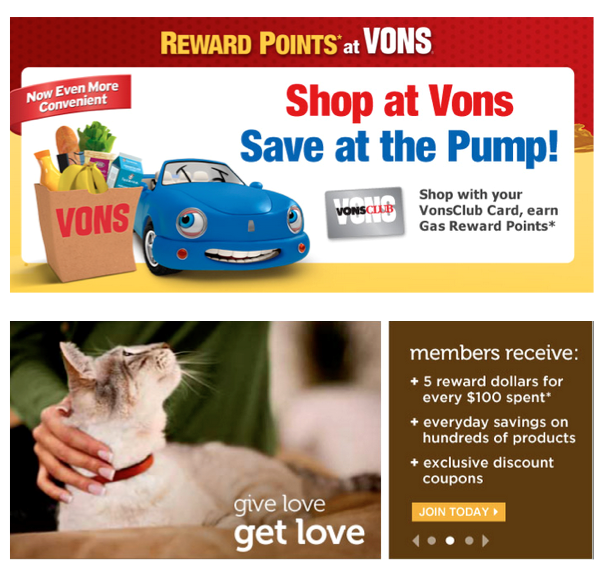
Loyalty cards enable tracking in order to encourage you to spend more on items that match your spending habits.
Do not provide your social security number unless it is mandatory.
- Expect to provide it to:
- The Internal Revenue Service (IRS), Employers, Government funded programs (Medicare, Medi-Cal, Workman’s Compensation, Welfare etc.), Banks and Lenders, U.S. Treasury for saving bonds
- Offer an alternative form of identification (driver’s license) to:
- Utility Companies/Cell phone Providers, Landlords or property managers, Medical offices or hospitals, Insurers, Public Schools, Sports clubs and leagues
- Expect to provide it to:
I’ve had no issues when I’ve omitted my social security number on medical paperwork, for example, but there is a possibility you may be denied service.
If you move or change utility services, do not use your home address as the mailing address. Ask to keep your service address private, if possible.
Don’t have catalogs delivered to your home.
- Save the environment and your privacy by only using online catalogs and by canceling paper catalogs you already receive. When you make the phone call, ask about being removed from all mailing lists and ask how you can make your privacy preferences known so they do not share your information with others.
Don’t reveal personal information on social media. This includes:
- Personal email addresses, full birthdate and home address and any other information you don’t want the world to know
Don’t give accurate personal information to your email provider(s) because they use and sell your data.
- Don’t provide home address.
- Make up a birthdate if you must provide one and don’t be surprised if you see that incorrect information online in the future.
Use the web “incognito” to avoid being tracked as you surf.
Opt out and remove your online personal information where possible.
- Click here for step-by-step instructions for removing yourself from major people directories.
- Click here to contact me for a quote to remove your information for you if you don’t want to do it yourself.
Although it often feels like fighting a losing battle, it’s worth the effort. Armed with knowledge and a change in daily habits you’re bound to have success holding onto your privacy.
Until next time, … Stay Cyber Safe!

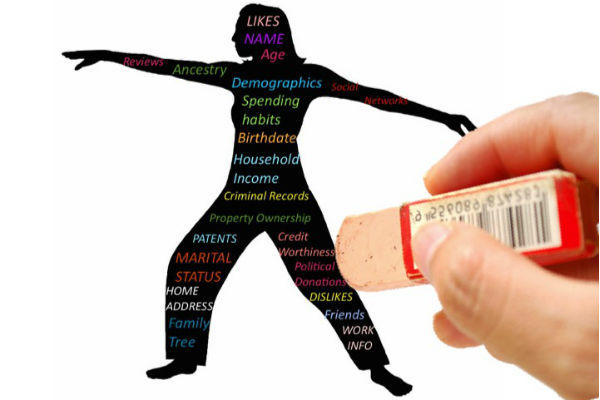
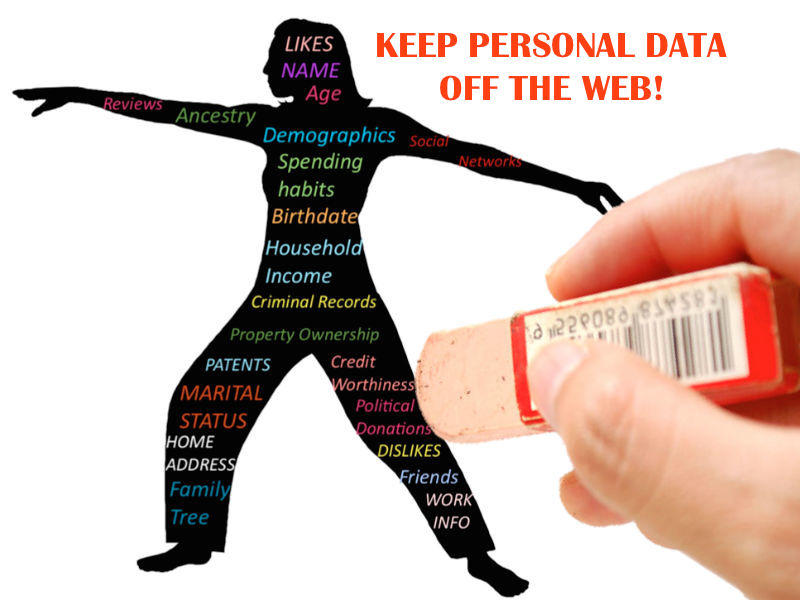
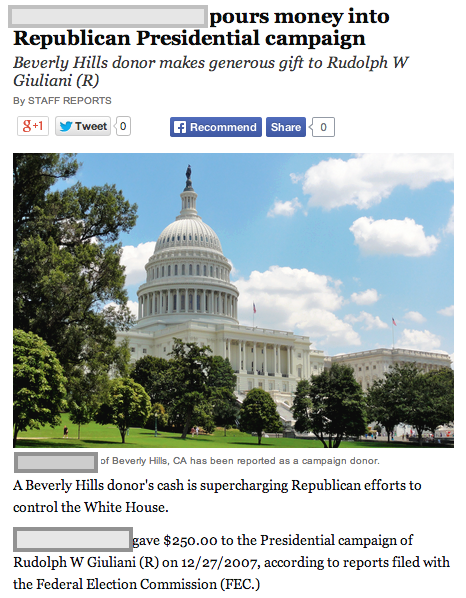


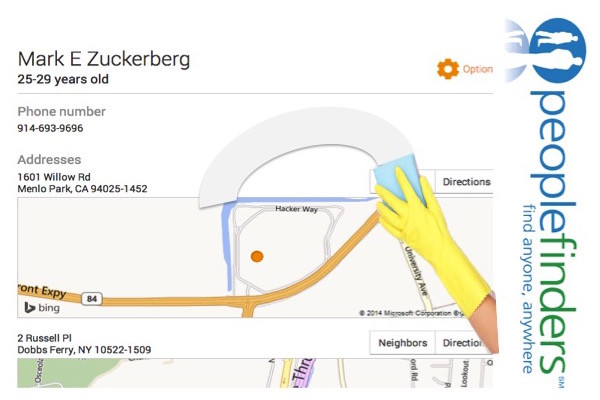
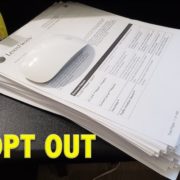
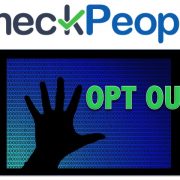

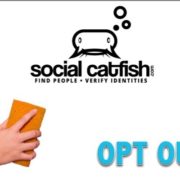

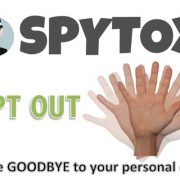




Again, Hayley, you totally point out and remind me I need to be more conscious about this. I’m WAY too lax and it’s going to bite me in the butt. Great article!!!!
This is such great information for all of us to keep our eyes on. It is so frustrating to see stuff on the web and not know how to get rid of it. Thanks for an informative post!